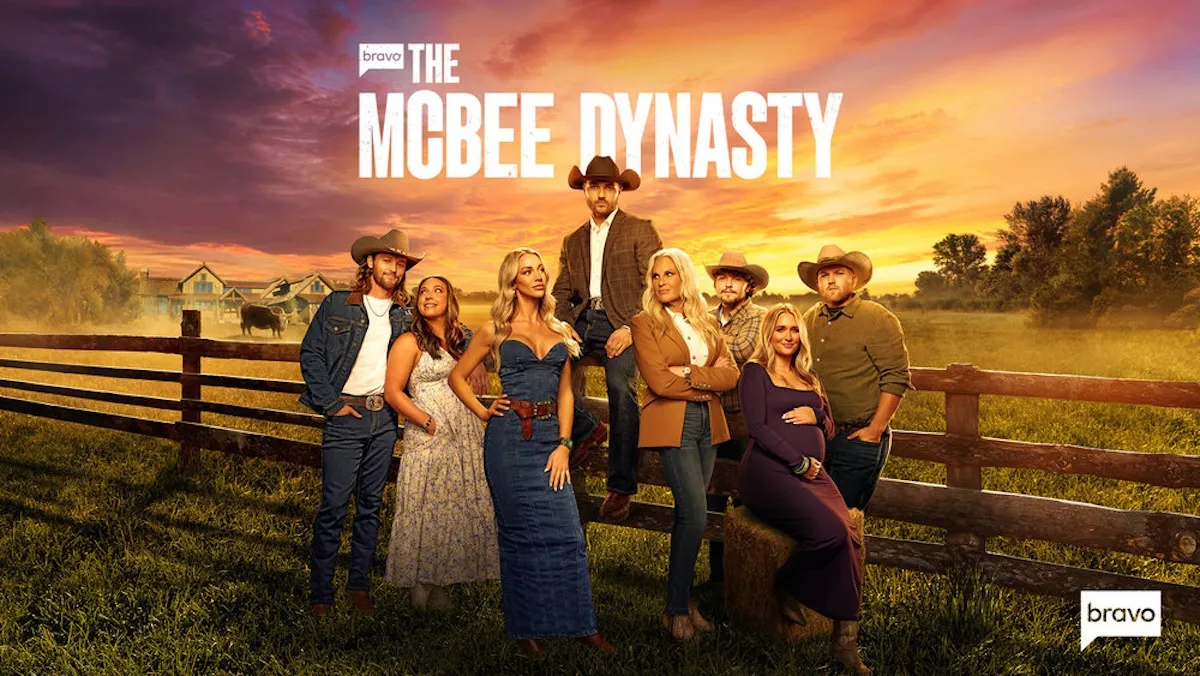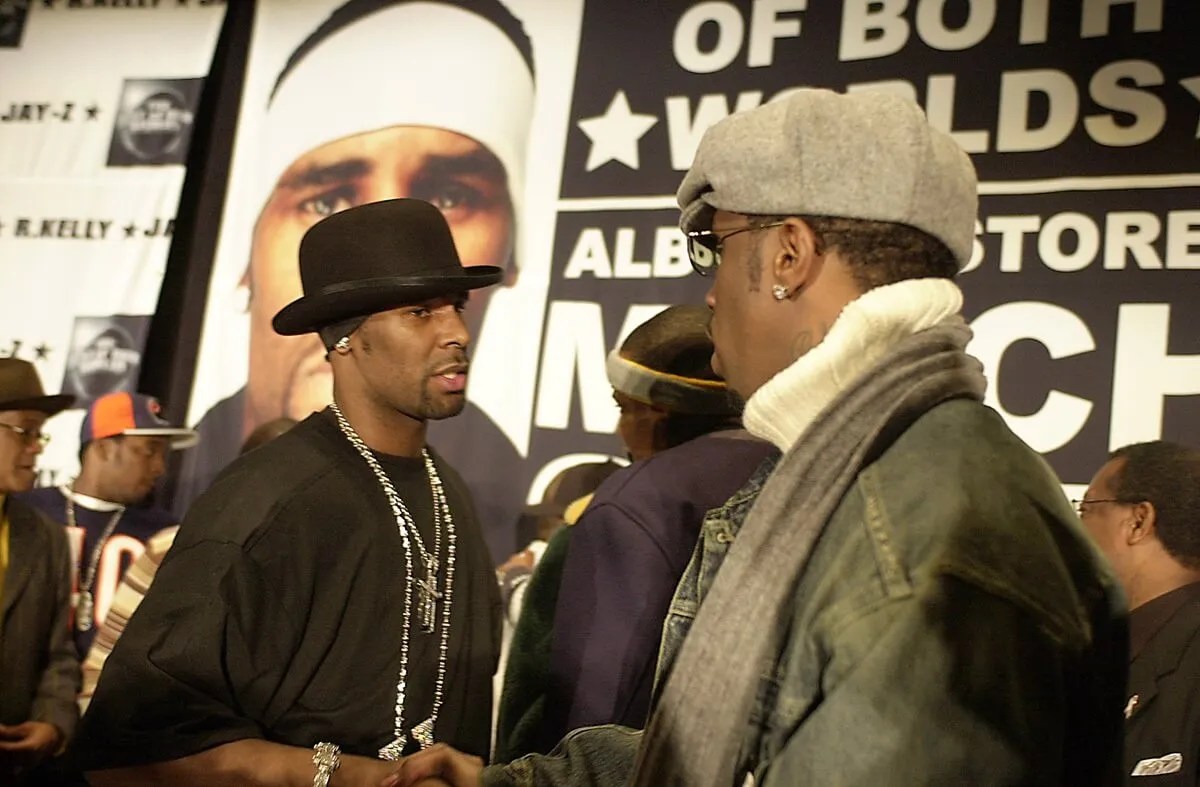
5 Rolling Stones Songs That Sparked Controversy
The Rolling Stones are typically not a band known for stirring the pot. However, there were times when the band caused controversy, angering television censors, the radio, and even the government. It may not have been their intention, but a few of their songs did cause outrage.

Here are 5 Rolling Stones songs that created controversy
‘Street Fighting Man’
Except for songs like “Gimme Shelter”, The Rolling Stones generally didn’t get too political. However, “Street Fighting Man” was one of their most provocative tracks, debuting around the same time protests were heating up in the U.S. and France. The song was released in the U.S. as a single one week after a violent collision between police and anti-Vietnam war protestors at the 1968 Democratic National Convention in Chicago.
Worried that the lyrics would incite more riots, Chicago radio stations refused to play the song. However, Mick Jagger seemed rather pleased with the decision at the time, saying (via the book The Rolling Stones Off the Record: Outrageous Opinions and Unrehearsed Interviews), “I’m rather pleased to hear they have banned (the song). The last time they banned one of our records in America, it sold a million.”
‘Stray Cat Blues’
“Stray Cat Blues” has aged terribly. In fact, it had already aged poorly at the time of its release. The Beggars Banquet song is written from the perspective of a man trying to have sex with a 15-year-old groupie, which was still illegal back in 1968. The song has incredibly suggestive lyrics, including “I can see that you’re 15 years old/No, I don’t want your ID.”
During a performance on The Rolling Stones’ 1969 American tour, Jagger changed the lyrics to 13 years old. This might not have gone well with the public as the band dropped it from their setlist for decades after 1971.
‘(I Can’t Get No) Satisfaction’
“(I Can’t Get No) Satisfaction” is one of The Rolling Stones’ most iconic songs. It reached No. 1 on the U.S. Billboard Hot 100, giving the band their first No. 1 single in the U.S. While it did reach No. 1 in the U.K., it wasn’t played on U.K. radios for a while as the lyrics were considered sexually aggressive. The line “I’m tryin’ to make some girl” had to be buried low in mixes to try and get it past censors in certain cities.
‘Let’s Spend the Night Together’
“Let’s Spend the Night Together” is one of The Rolling Stones’ tamer songs, but the titular suggestion went too far for some people back in 1967. In an appearance on The Ed Sullivan Show, The Stones were asked to change the title to “Let’s spend some time together.” The Stones sort of complied, but Mick Jagger still slipped in a few “some nights” and rolled his eyes whenever he said “some time.”
Sullivan was furious with this and banned the group from the show. However, the ban did not last long, as it only lasted two years.
‘Sympathy for the Devil’
Any song that mentions the devil will invoke some form of satanic panic. After this song’s debut in 1968, rumors began swirling that The Rolling Stones were devil worshippers. Many misunderstood the track as it isn’t about praising the devil but actually about the atrocities humanity has done to each other.
After Meredith Hunter was killed at the Altamont Free Concert, many believed The Stones were playing the song at the time, which sparked violence within the crowd. However, it was later discovered that the band was playing “Under My Thumb”, yet the misconception remained that the band played “Sympathy for the Devil”.


